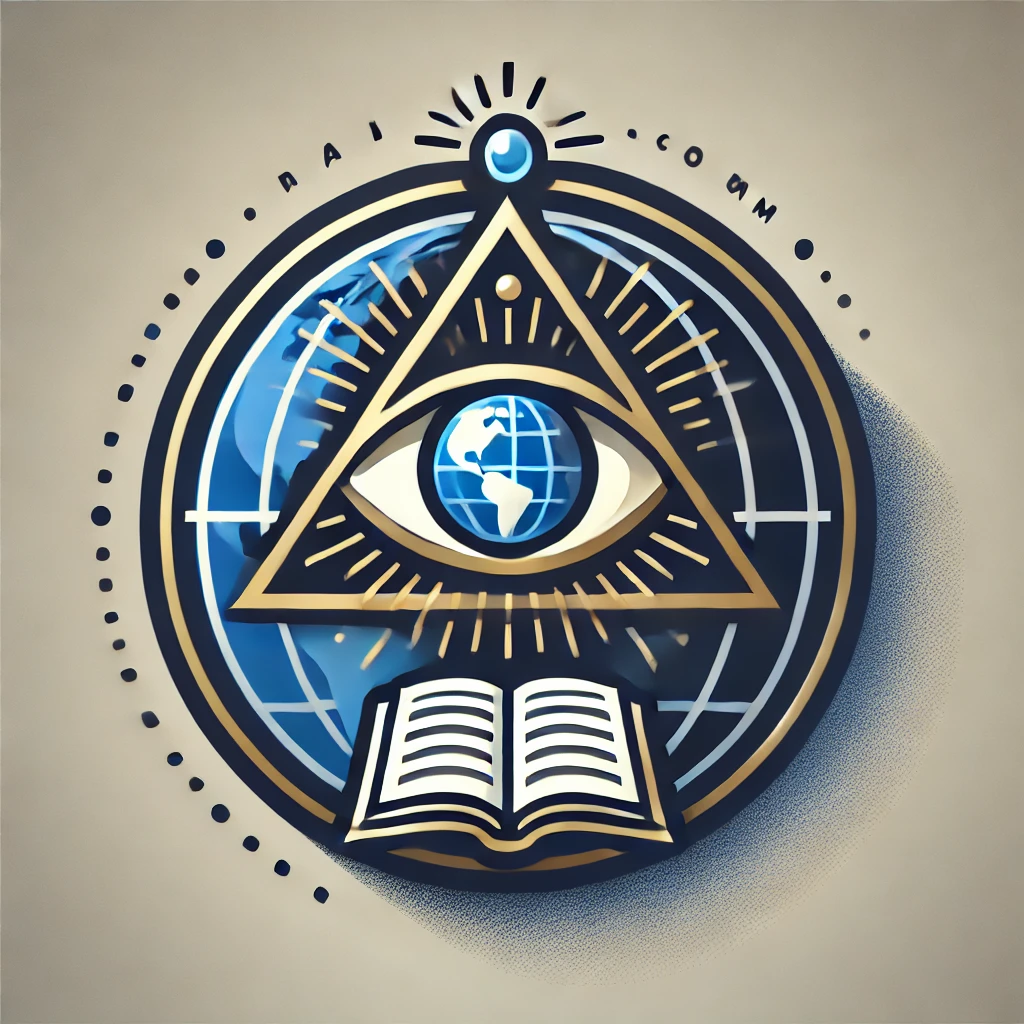Throughout the Bible, Egypt is portrayed as both a great ancient empire and a symbol of worldly pride, human wisdom, and rebellion against the purposes of God. Prophets such as Isaiah, Ezekiel, Jeremiah, and Zephaniah delivered strong messages concerning Egypt’s fate—messages that may still speak prophetically to the nations of today.
1. Isaiah’s Prophecy: The Coming Civil Strife in Egypt
Isaiah 19 gives one of the most detailed prophetic pictures of Egypt’s downfall:
“I will stir up Egyptian against Egyptian—brother will fight against brother, neighbor against neighbor, city against city, kingdom against kingdom.” (Isaiah 19:2)
This passage describes internal conflict and civil division within Egypt. The prophecy continues to speak of economic collapse, the drying up of the Nile, and confusion among Egypt’s leaders:
“The waters of the river will dry up, and the riverbed will be parched and dry… The officials of Zoan are fools; the counsel of the wise counselors of Pharaoh has become stupid.” (Isaiah 19:5, 11)
Isaiah declares that Egypt’s idols and false wisdom will fail, and that the nation will be humbled. In the end, however, Isaiah foresees a redemptive outcome:
“The Lord will strike Egypt, striking and healing; and they will return to the Lord, and He will listen to their pleas for mercy and heal them.” (Isaiah 19:22)
Thus, while judgment comes first, restoration follows for those who repent.
2. Ezekiel’s Vision: Forty Years of Desolation
Ezekiel 29:8–15 prophesies that Egypt will experience a period of great humiliation:
“I will make the land of Egypt desolate among devastated lands, and her cities shall be desolate forty years… I will scatter the Egyptians among the nations and disperse them through the countries.” (Ezekiel 29:12)
After this forty-year period of scattering, God promises to bring the Egyptians back, but in a diminished state:
“After the end of forty years I will gather the Egyptians… and they shall be there a lowly kingdom. It shall be the lowliest of the kingdoms; neither shall it exalt itself any more above the nations.” (Ezekiel 29:13–15)
This mirrors the theme of divine humbling—God humbles Egypt’s pride so that no nation will rely on her strength again.
3. The Fall of Pride and Deception
Prophetically, Egypt has often represented human arrogance and false religion. The pharaohs exalted themselves as gods; the culture glorified knowledge and mysticism apart from the fear of the Lord. In the same spiritual pattern, Scripture says Egypt’s pride will one day be broken completely.
“The pride of her power shall come down: from Migdol to Syene they shall fall by the sword.” (Ezekiel 30:6)
The lesson is clear: no empire, no ideology, no nation that exalts itself against the Lord can stand forever.
4. Ethiopia’s Role: A Nation That Will Rise
Interestingly, prophecy also speaks about Cush (Ethiopia) as a land that will ultimately witness God’s salvation.
In Isaiah 18, Cush is described as a people “tall and smooth-skinned,” beyond the rivers, whose tribute will one day be brought to Mount Zion, to the Lord of Hosts.
This suggests that while Egypt’s pride will be humbled, Ethiopia will flourish spiritually and materially, turning to the God of Israel.
“From beyond the rivers of Cush, My worshipers, the daughter of My dispersed people, will bring Me offerings.” (Zephaniah 3:10)
5. Judgment Belongs to the Lord Alone
The prophets emphasize that it is Yahweh Himself—not Israel, not Ethiopia, not any human power—who brings about Egypt’s judgment.
“I am against you, Pharaoh king of Egypt… I will put hooks in your jaws.” (Ezekiel 29:3–4)
The fall of Egypt is not due to human conquest alone but the direct hand of divine justice. The purpose is correction, not destruction—so that the nations may know that “I am the Lord.”
6. Modern Reflections: Egypt and the Spirit of Deception
Many observers note that Egypt has long been a center of religious ideology and political movements that shaped much of the Middle East. While we must avoid condemning entire peoples, the spiritual strongholds of deception, violence, and false teaching that have arisen there reflect the prophetic theme of Egypt’s influence over nations. Almost all Islamic terrorism, deception ideologies established in Egypt, Today Quran, Hadiths and muslim brotherhood started in Egypt. Behind Islamic terrorism, You find Egypt.
Just as in ancient times Egypt led nations into idolatry, modern Egypt has often been a source of religious and political ideologies that spread turmoil. Yet Scripture reminds us that God judges systems and powers, not people themselves. Individuals within Egypt—and all nations—are invited to find mercy through repentance and faith in the Lord.
7. Hope After Judgment
Even after its humbling, Egypt’s story does not end in darkness. Isaiah 19 concludes with a remarkable vision of reconciliation:
“In that day there will be a highway from Egypt to Assyria, and the Assyrians will come into Egypt, and the Egyptians into Assyria, and the Egyptians will worship with the Assyrians. In that day Israel will be the third with Egypt and Assyria, a blessing in the midst of the earth, whom the Lord of hosts has blessed, saying, ‘Blessed be Egypt My people, Assyria the work of My hands, and Israel My inheritance.’” (Isaiah 19:23–25)
This is one of the most astonishing prophecies in all Scripture: Egypt—once an enemy of God’s people—will one day be called “My people.”
It is a message of hope after judgment, healing after pride, and reconciliation after rebellion.
Conclusion
The Bible paints a profound and complex picture of Egypt’s destiny:
- Civil strife and scattering (Isaiah 19; Ezekiel 29)
- Forty years of desolation and global dispersion
- Humbling of pride and the end of deception
- Eventual restoration under God’s mercy
Ethiopia, by contrast, is pictured as a nation that will rise to bring offerings to the Lord. But above all, these prophecies remind us that the Lord alone rules the destiny of nations.
Judgment, humbling, and restoration belong to Him. His goal is not destruction, but that “the earth shall be filled with the knowledge of the glory of the Lord.” (Habakkuk 2:14)

